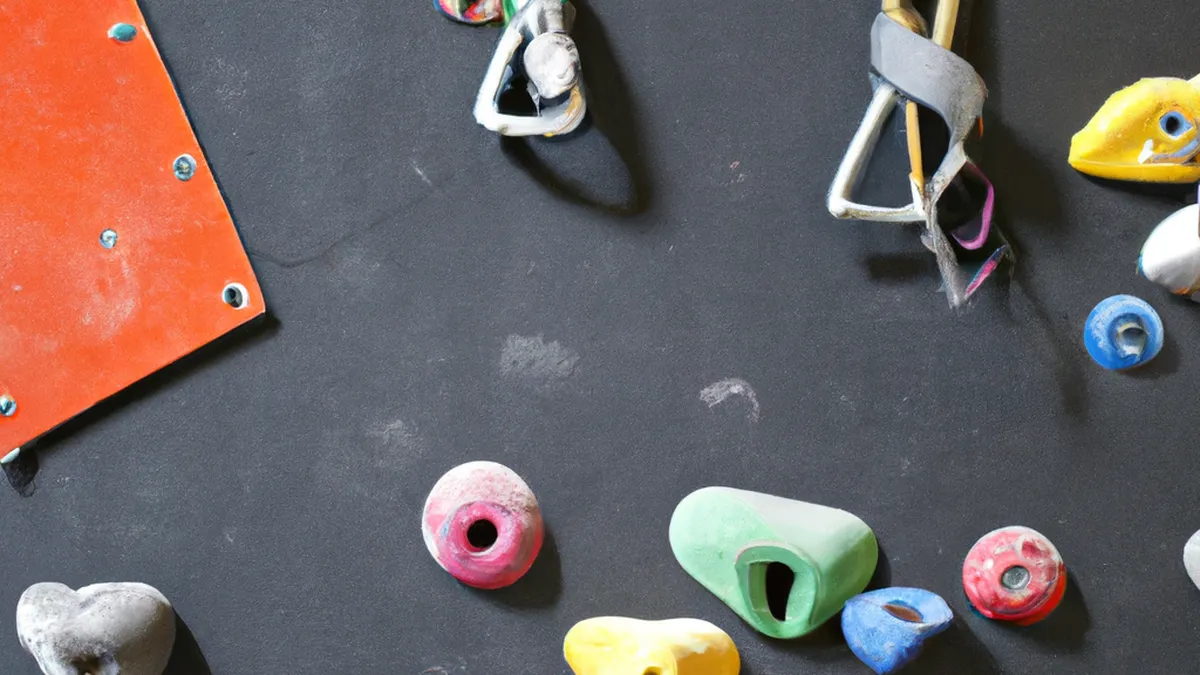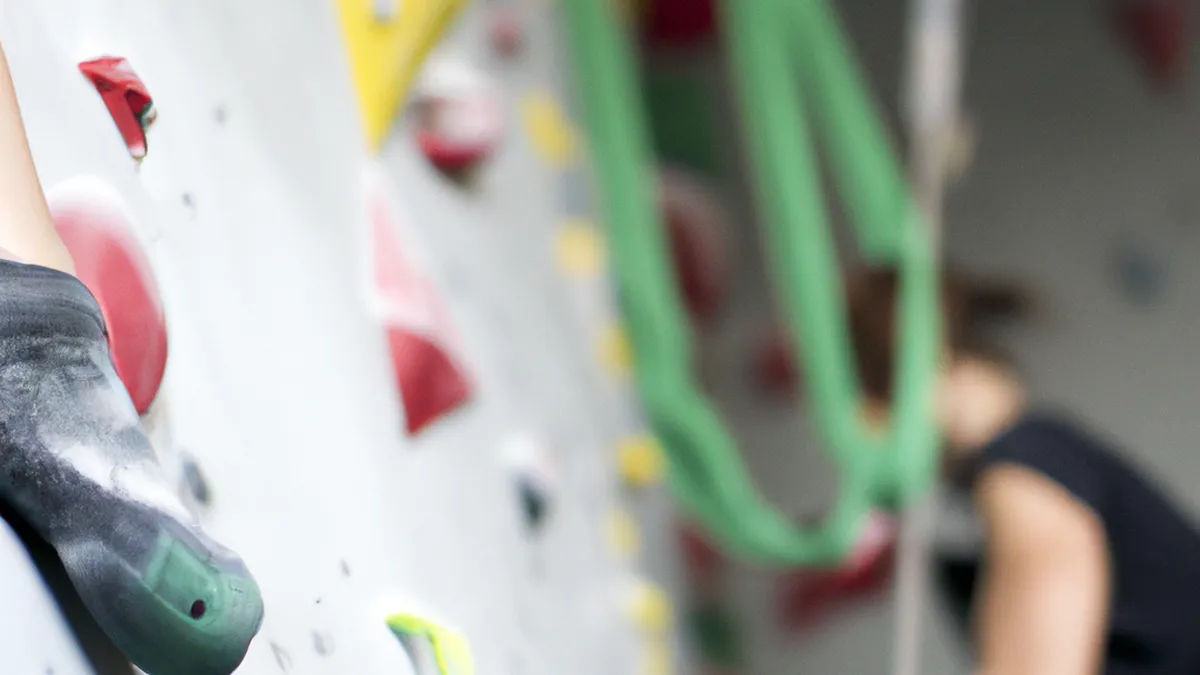Design Your Own Rock Climbing Workouts
Developing Climbing Programs: A Guide for EnthusiastsClimbing combines physical strength, mental focus, and a connection to nature. Whether you’re a beginner or an experienced climber, a climbing program can enhance your skills and enjoyment. This guide offers effective strategies for creating a climbing program and tips for maintaining motivation.
Tips for Creating a Climbing Program
Define Your Goals
Start by defining your climbing goals clearly. Ask yourself what you want to achieve. Do you want to improve strength, endurance, or technique? Maybe you aim to tackle a specific grade or prepare for a trip. Setting SMART goals provides clarity. For example, instead of saying, “I want to climb harder,” say, “I aim to climb a 5.12 within six months.”
Assess Your Current Skills
Assess your current climbing abilities before starting a training regimen. Identify where you excel and where you struggle. Consider your performance on different climbs. Do you prefer slabs or overhangs? Knowing your strengths and weaknesses guides your training focus. For instance, if your finger strength needs work, prioritize grip-strength exercises.
Create a Schedule
Consistency in your training schedule is vital for progress. Decide how many days you can commit to climbing and training. Many climbers train three to five days a week, mixing climbing with strength and flexibility workouts. Include rest days for recovery and to prevent burnout. A balanced plan might feature two climbing days, one strength day, and one flexibility day with activities like yoga or swimming.
Incorporate Variety
To avoid plateaus and keep training engaging, add variety to your climbing program. Explore different climbing styles such as bouldering, sport climbing, or trad climbing. Try new training methods like campusing, traversing, or using a hangboard. Variation enhances skill development and keeps your training exciting.
Advice for Staying on Track
As an Amazon Associate I earn from qualifying purchases.
Gear tip: consider steel mace, indian clubs, and sandbag trainer to support this topic.
Track Your Progress
Maintaining a climbing journal helps you stay motivated. Document your climbs, workouts, and reflections. This practice allows you to see your progress over time. Looking back at improvements can reignite your passion and determination. Include metrics like the grades you’ve climbed and your training details.
Conclusion
Developing a structured climbing program significantly enhances your skills and enjoyment. Set clear goals, assess your abilities, create a consistent schedule, and incorporate variety to achieve success.
Below are related products based on this post:
FAQ
What are the first steps to creating a climbing program?
The first steps involve defining your climbing goals and assessing your current skills. Clearly outline what you aim to achieve, whether it’s improving strength, endurance, or technique. Understanding your strengths and weaknesses will help focus your training efforts effectively.
How often should I train for climbing?
Consistency is key, so many climbers train three to five days a week. It’s important to mix climbing with strength and flexibility workouts while including rest days to prevent burnout. A balanced schedule could feature two climbing days, one strength day, and one flexibility day.
Why is variety important in a climbing program?
Incorporating variety helps prevent plateaus and keeps your training engaging. Exploring different climbing styles and training methods enhances skill development and maintains excitement in your routine. Trying new activities can contribute to overall improvement and enjoyment in climbing.















Post Comment